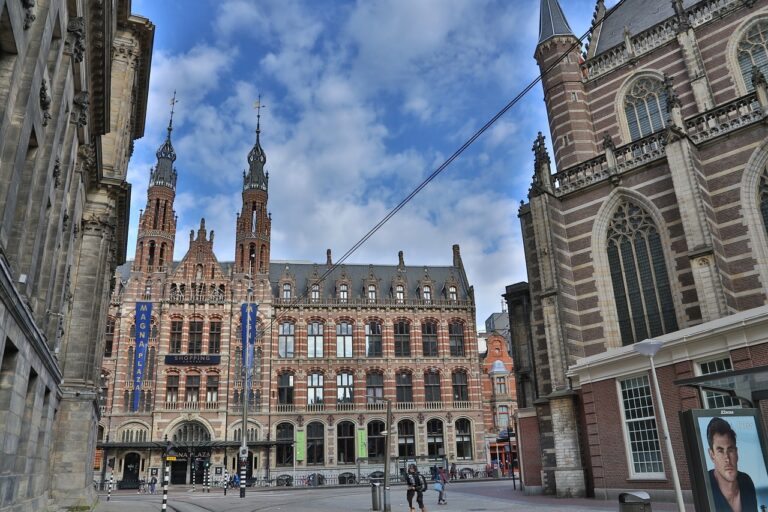The Future of Retail Events: Virtual Experiences and Digital Sales
The emergence of digital technology has revolutionized the way retailers engage with their customers. Traditional brick-and-mortar stores are no longer the only avenue for brands to interact with consumers. In this digital age, retail events have shifted towards virtual experiences, offering convenience and accessibility to a wider audience.
Through online platforms and social media channels, retailers can now host virtual events such as product launches, flash sales, and interactive workshops. These virtual experiences allow brands to connect with customers in real-time, creating a sense of community and exclusivity. Retailers are leveraging technology to adapt to the changing consumer landscape, providing unique and immersive experiences that resonate with today’s tech-savvy audience.
The Rise of Virtual Experiences
In recent years, there has been a significant shift towards virtual experiences across various industries. Companies are now exploring innovative ways to engage with their customers through online platforms, creating interactive and immersive digital events that replicate real-life experiences. This trend has been further accelerated by the global pandemic, which forced businesses to adapt quickly to the realities of a socially distanced world.
Virtual experiences offer a range of benefits for both businesses and consumers. Companies can reach a wider audience and reduce costs associated with physical events, while customers can participate in events from the comfort of their own homes. These virtual experiences also provide a unique opportunity for brands to showcase their products and services in a creative and interactive manner, driving engagement and fostering stronger connections with their target audience.
What are virtual experiences?
Virtual experiences are events or activities that take place online or in a digital space, allowing participants to interact and engage in a virtual environment.
How are virtual experiences changing retail events?
Virtual experiences are revolutionizing retail events by allowing brands to connect with customers in a digital space, creating unique and engaging experiences that drive sales and brand loyalty.
What are some examples of virtual experiences in retail?
Examples of virtual experiences in retail include virtual fashion shows, online product launches, and interactive shopping experiences where customers can explore products in a digital environment.
How can businesses incorporate virtual experiences into their retail strategies?
Businesses can incorporate virtual experiences into their retail strategies by hosting virtual events, creating interactive online platforms, and utilizing virtual reality technology to create immersive shopping experiences.
What are the benefits of virtual experiences for retailers?
The benefits of virtual experiences for retailers include increased reach and engagement, the ability to create personalized and interactive experiences, and the opportunity to drive online sales and brand awareness.





